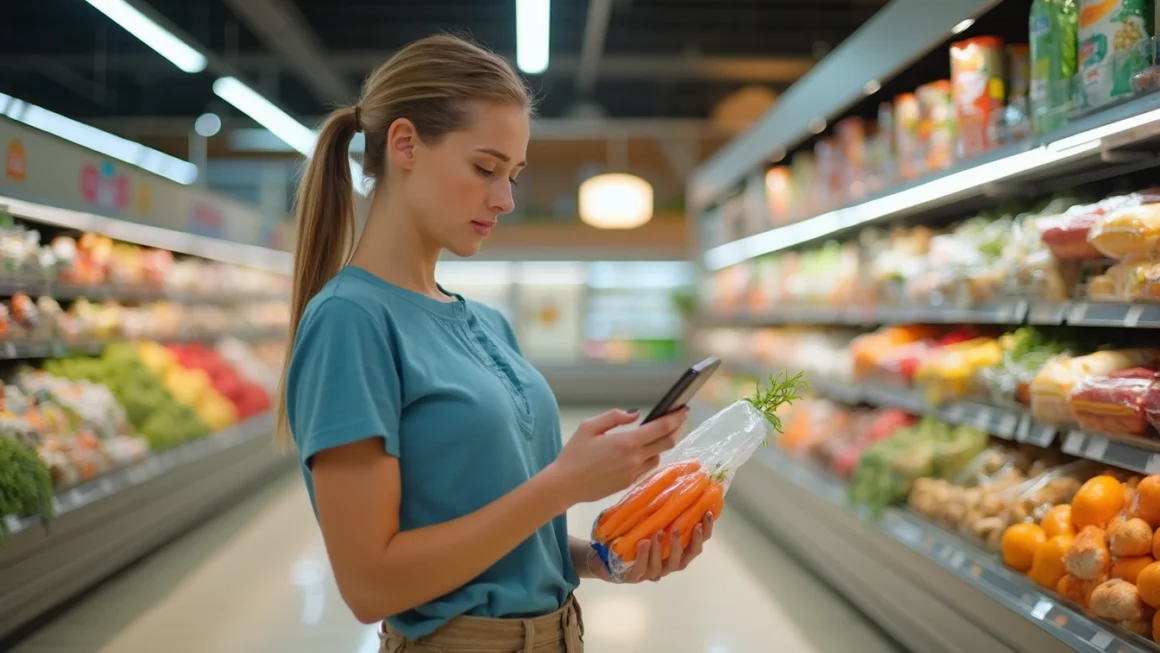In a concerning development for consumers, a major recall has been issued for organic carrots due to potential E. coli contamination. The affected products, distributed by Grimmway Farms, have raised alarm bells across several states, prompting swift action from health authorities and retailers alike.
Understanding the Recall
Table of Contents
The recall encompasses a variety of organic carrot products, including baby carrots, carrot chips, and shredded carrots. These items were sold under various brand names and have been distributed to numerous retail outlets across the United States. The potential contamination was discovered during routine testing, highlighting the importance of regular quality checks in food production.
Affected Products and Brands
While the full list of affected products is extensive, some of the major brands involved include:
- O Organics
- Bunny Luv
- Cal-Organic
- Grimmway Farms
Consumers are urged to check their refrigerators and pantries for these products and to dispose of them immediately or return them to the place of purchase for a full refund.
The Dangers of E. coli
E. coli is a bacterium that can cause severe foodborne illness. Symptoms of E. coli infection typically include:
- Severe stomach cramps
- Diarrhea (often bloody)
- Vomiting
- Fever
While most people recover within a week, some cases can be severe or even life-threatening, particularly for young children, the elderly, and those with weakened immune systems.
Steps to Protect Yourself
In light of this recall, consumers should take the following precautions:
- Check your purchased carrots against the recall list
- Dispose of or return any affected products
- Thoroughly wash any surfaces or containers that may have come into contact with the recalled carrots
- Monitor for symptoms if you’ve consumed these products recently
Industry Response and Food Safety Measures
This recall serves as a reminder of the critical importance of food safety protocols in the agricultural and food production industries. Many companies are now turning to advanced automation solutions to enhance their quality control processes. Automation platforms can help streamline testing procedures, track product batches more effectively, and enable quicker responses to potential contamination issues.
The Role of Technology in Food Safety
As the food industry evolves, technology plays an increasingly vital role in ensuring product safety. From automated testing systems to blockchain-based traceability solutions, these innovations are helping to prevent contamination and improve recall efficiency when issues do arise.
Consumer Vigilance and Education
While recalls like this can be alarming, they also serve as important reminders for consumers to stay informed about the foods they purchase and consume. Some key tips for food safety include:
- Regularly checking for recall notices from trusted sources
- Properly washing all fruits and vegetables before consumption
- Cooking foods thoroughly to kill potential pathogens
- Storing foods at appropriate temperatures to prevent bacterial growth
Long-term Implications for the Organic Food Industry
This recall may have broader implications for the organic food industry, which has seen significant growth in recent years. Consumers often choose organic products with the expectation of higher safety and quality standards. Incidents like this could potentially shake consumer confidence in organic products.
Rebuilding Trust
To address these concerns, organic food producers and retailers may need to take additional steps to reassure consumers about the safety of their products. This could include:
- Increased transparency in farming and production practices
- More frequent and rigorous testing protocols
- Enhanced traceability measures to quickly identify and isolate potential issues
Conclusion
The recall of organic carrots due to potential E. coli contamination underscores the ongoing challenges in food safety, even within the organic sector. While concerning, this incident also demonstrates the effectiveness of current testing and recall systems in protecting public health.
As consumers, staying informed and following proper food handling practices remain our best defenses against foodborne illnesses. Meanwhile, the food industry continues to evolve, leveraging technology and improved processes to enhance safety measures and maintain public trust.
Remember, food safety is a shared responsibility between producers, regulators, and consumers. By staying vigilant and informed, we can all contribute to a safer food supply for everyone.




